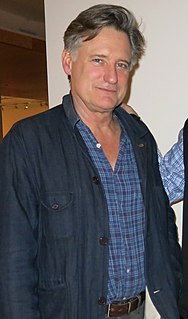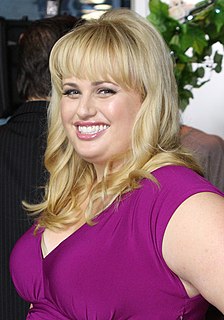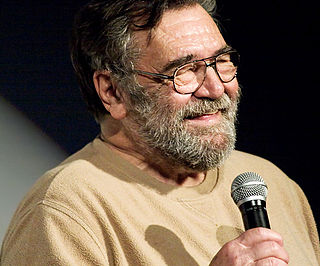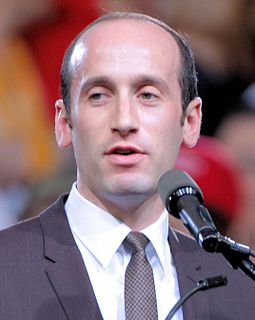A Quote by Riz Ahmed
Whether you look at 'Glee' and its normalization of gay identity or you look at the work of Martin Scorsese and the Italian-American community, American culture is able to take these stories, which are seen as marginalized, and just turn them into American stories. And you don't think twice about it.
Related Quotes
I'm from a Lebanese-American family. And I've been had lot of contacts and - with Arab-American community, especially Arab-American filmmakers and actors and so forth. It's a community that, a minority that really hasn't been heard from enough. And so many of the stories that are told about Arab-Americans these days are just negative portrayals in the news, but also in television and film. So we're - we set out to try and offset some of those stereotypes.
You know, when Trayvon Martin was first shot I said that this could have been my son. Another way of saying that is Trayvon Martin could have been me 35 years ago. And when you think about why, in the African American community at least, there's a lot of pain around what happened here, I think it's important to recognize that the African American community is looking at this issue through a set of experiences and a history that doesn't go away.
People take pride in being Irish-American and Italian-American. They have a particular culture that infuses the whole culture and makes it richer and more interesting. I think if we can expand that attitude to embrace African-Americans and Latino-Americans and Asian-Americans, then we will be in a position where all our kids can feel comfortable with the worlds they are coming out of, knowing they are part of something larger.



































